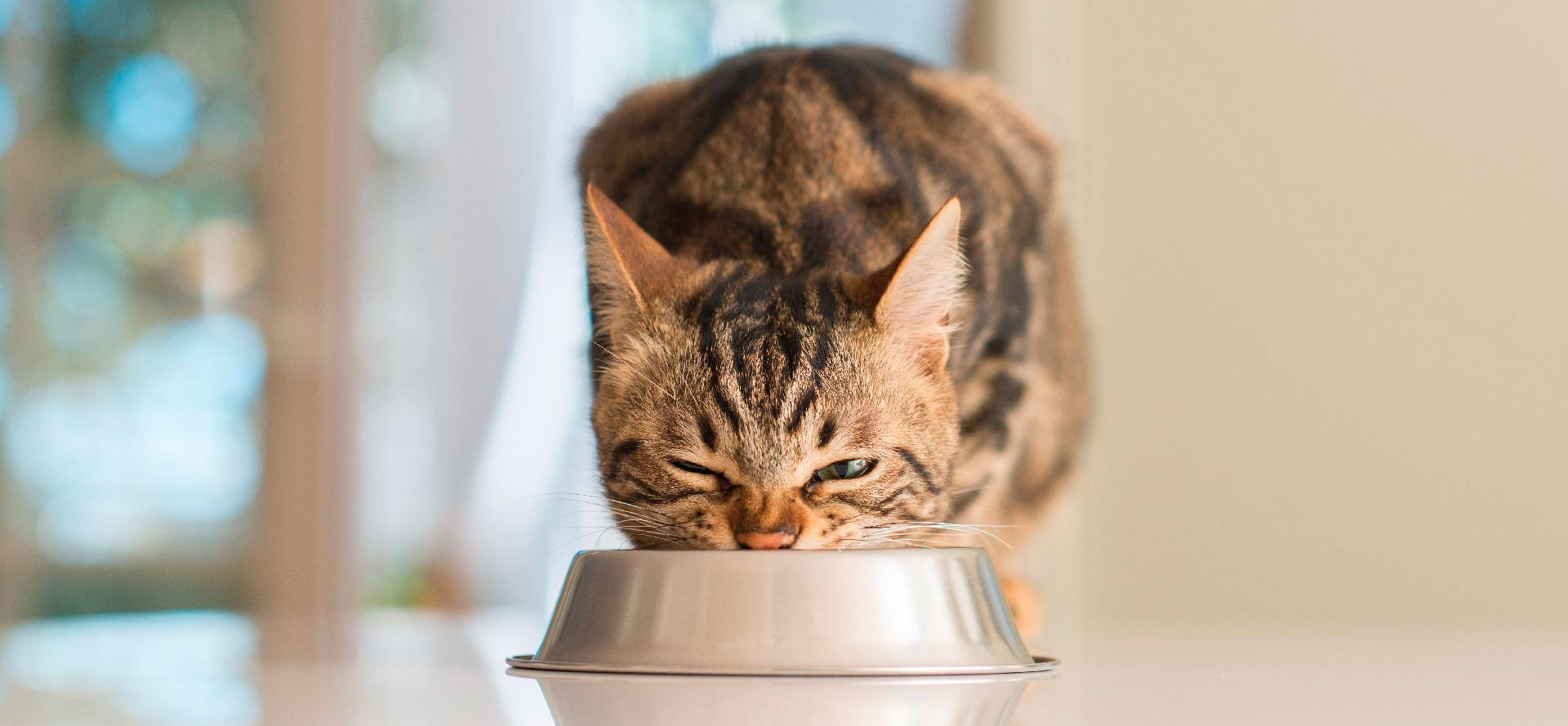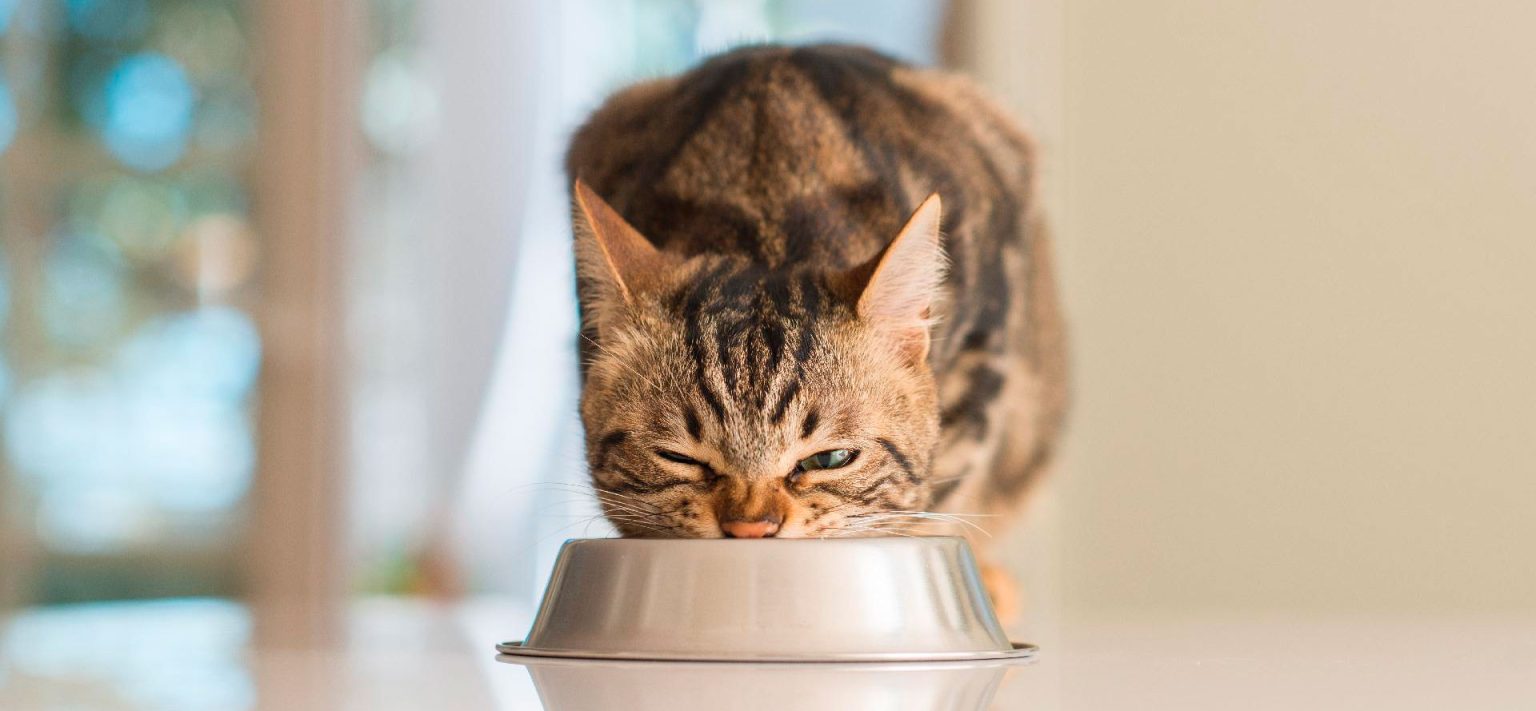As cat owners, we all want the best for our furry friends, especially when it comes to their health and well-being. One essential aspect of a cat’s diet that often goes overlooked is fiber. Just like in human diets, fiber plays a crucial role in maintaining a healthy digestive system for our feline companions.
In this article, we’ll explore the benefits of high fiber wet cat food, how it can support your cat’s digestion, and tips for choosing the right options. Whether your cat is dealing with digestive issues or you simply want to promote their overall health, understanding the importance of fiber-rich wet food can make a significant difference in their quality of life. Let’s dive in and discover how you can make informed choices to keep your kitty happy and healthy!
Table of Contents
- Understanding the Importance of Fiber in Your Cats Diet
- Choosing the Right High Fiber Wet Cat Food for Optimal Digestion
- Top Ingredients to Look For in High Fiber Cat Food
- Tips for Transitioning Your Cat to a High Fiber Diet
- Q&A
- Future Outlook

Understanding the Importance of Fiber in Your Cats Diet
Fiber plays a crucial role in maintaining your cat’s digestive health. It acts as a natural cleanser for the gastrointestinal tract, helping to move food through the intestines and preventing constipation. In addition, fiber can facilitate the absorption of nutrients by slowing down digestion, allowing your cat to obtain maximum benefits from its food. Including high-fiber options in your cat’s wet food can also contribute to a feeling of fullness, which is particularly beneficial for kitties who may be prone to overeating. Here are some key benefits of fiber in your cat’s diet:
- Promotes Healthy Digestion: Aiding in the prevention of gastrointestinal issues.
- Reduces Hairballs: Assisting with the elimination of ingested hair.
- Helps Maintain Weight: Providing satiety with fewer calories.
- Supports Healthy Blood Sugar Levels: Slowing carbohydrate absorption.
When choosing high-fiber wet cat food, it’s essential to select options with high-quality ingredients. Look for foods that list natural sources of fiber, such as beet pulp, pumpkin, or brown rice. These ingredients not only contribute to fiber content but also provide vitamins and minerals that help support overall health. In the table below, you can see a comparison of some popular high-fiber wet cat food options to help you make an informed decision:
| Brand | Fiber Content (%) | Key Ingredients |
|---|---|---|
| Brand A | 8 | Beet Pulp, Pumpkin |
| Brand B | 7.5 | Brown Rice, Peas |
| Brand C | 9 | Wheat Bran, Flaxseed |
Choosing the Right High Fiber Wet Cat Food for Optimal Digestion
When selecting high fiber wet cat food, it’s essential to prioritize ingredients that promote digestive health. A diet high in fiber can help regulate your cat’s bowel movements and prevent issues like constipation. Look for options containing natural sources of fiber, such as:
- Psyllium husk – a natural soluble fiber that helps with stool formation.
- Pumpkin – rich in fiber and moisture, it aids in digestion while being palatable.
- Brown rice – provides a good source of fiber without overwhelming your cat.
Pay attention to the nutritional label to ensure your cat receives adequate moisture and protein alongside fiber. Furthermore, consider the texture and taste that will appeal to your furry friend. A balanced high fiber cat food should include:
| Component | Benefit |
|---|---|
| Moisture Content | Supports hydration and digestion. |
| Quality Protein | Essential for overall health and well-being. |
| Probiotics | Enhances gut health and digestion. |
By carefully choosing a high fiber wet cat food that incorporates these elements, you can help ensure your cat enjoys optimal digestion and overall health.
Top Ingredients to Look For in High Fiber Cat Food
When searching for high fiber cat food, it’s essential to focus on specific ingredients that promote healthy digestion. Look for options that contain natural fibers such as psyllium husk, which is known for its ability to absorb water and regulate bowel movements. Another beneficial ingredient is beet pulp, a highly digestible source of fiber that helps support intestinal health and maintain a healthy weight. Additionally, ingredients like pumpkin and sweet potatoes provide both fiber and necessary vitamins, contributing to overall feline wellness.
Moreover, don’t overlook the importance of high-quality protein sources combined with fiber. Ingredients such as chicken, turkey, or fish not only offer essential proteins but also aid in muscle maintenance, ensuring balanced nutrition. When examining food labels, try to find those crafted with whole grains like brown rice or oats, which can enhance fiber content while promoting digestive health. A good blend of these ingredients in high fiber cat food can lead to optimal digestion and a happier, healthier feline companion.
Tips for Transitioning Your Cat to a High Fiber Diet
Successfully shifting your feline friend to a high-fiber diet involves a gradual approach to ensure their digestive system adjusts smoothly. Start by mixing a small amount of the high-fiber wet food with their current diet. This will help your cat acclimate to the new texture and flavor without overwhelming their palate. Over the span of a week or so, gradually increase the proportion of high-fiber food while decreasing the old diet. Monitor your cat’s response during this transition; any signs of digestive upset may indicate that you need to slow down the change.
During this transition, consider these helpful tips:
- Hydration is Key: Ensure your cat has access to plenty of fresh water, as fiber requires water to aid digestion.
- Observe Behavior: Watch for any changes in your cat’s eating habits or litter box usage, as these can give you clues about how well they’re adapting.
- Consult Your Vet: Before making any significant changes, discussing your plan with a veterinarian can provide valuable insights tailored to your cat’s specific needs.
Q&A
Q&A: High Fiber Wet Cat Food - Support Your Cat’s Digestion
Q1: What is high fiber wet cat food?
A1: High fiber wet cat food is a specially formulated type of cat food that contains elevated levels of fiber to support healthy digestion in cats. This type of food usually combines moisture-rich ingredients with fiber sources like beet pulp, pumpkin, or brown rice to help regulate digestion and promote bowel health.
Q2: Why is fiber important for my cat’s diet?
A2: Fiber plays a crucial role in your cat’s diet as it aids in digestion by promoting regular bowel movements and preventing constipation. Additionally, it can help manage hairballs and assist in weight management by providing a feeling of fullness. Fiber keeps the digestive system functioning properly and can also contribute to overall health.
Q3: How does wet cat food differ from dry food in terms of fiber content?
A3: Wet cat food typically has a higher moisture content compared to dry food, which can be beneficial for hydration and urinary health. While both wet and dry foods can be formulated with high fiber content, wet food often contains a balance of ingredients that provide not just fiber, but also essential nutrients in a more palatable form for many cats.
Q4: What are the signs that my cat may need more fiber in their diet?
A4: You may notice signs such as infrequent or difficult bowel movements, constipation, excessive grooming leading to hairballs, or weight gain. If your cat is showing any of these symptoms, it might be beneficial to consider a high fiber diet, but it’s always best to consult your veterinarian before making any dietary changes.
Q5: Can all cats benefit from high fiber wet cat food?
A5: While many cats can benefit from incorporating more fiber into their diet, particularly those prone to constipation or hairballs, not every cat will. Cats with specific health problems, such as certain gastrointestinal conditions, may require a different dietary approach. Always consult with your veterinarian to determine the best diet for your cat’s unique needs.
Q6: Are there specific brands of high fiber wet cat food that you recommend?
A6: There are several reputable brands that offer high fiber wet cat food. Look for products that list quality ingredients and have a good balance of protein, fat, and fiber. Brands like Hill’s Prescription Diet, Royal Canin, and Blue Buffalo often have specific formulas designed for digestive health. Always check the ingredient list and consult your vet for personalized recommendations.
Q7: How can I transition my cat to high fiber wet food?
A7: Transitioning your cat to a new food should be done gradually to prevent digestive upset. Start by mixing a small amount of the new high fiber wet food with your cat’s current food, gradually increasing the new food’s proportion over 7 to 10 days. Monitoring your cat’s response during this period will help ensure a smooth transition.
Q8: Is it necessary to provide additional fiber supplements if my cat is on high fiber wet food?
A8: In most cases, high fiber wet cat food should provide sufficient fiber without the need for supplements. However, if your veterinarian recommends additional fiber due to your cat’s specific health needs, consider natural sources like pumpkin or psyllium husk as supplements. Always consult your veterinarian before adding any supplements to your cat’s diet.
Q9: How does high fiber wet food affect my cat’s overall health?
A9: A high fiber diet can positively impact your cat’s overall health by improving digestion, reducing the risk of obesity, and minimizing gastrointestinal issues. Furthermore, a healthy digestive system contributes to better nutrient absorption, enhancing your cat’s vitality and energy levels.
Q10: Where can I purchase high fiber wet cat food?
A10: High fiber wet cat food can be found at most pet supply stores, grocery stores with pet sections, and online retailers. Look for products specifically labeled as high fiber and consult with your veterinarian if you need help selecting the right option for your cat.
Future Outlook
incorporating high fiber wet cat food into your feline friend’s diet can be a game-changer for their digestive health. Not only does it aid in promoting regularity and preventing hairballs, but it also supports overall well-being by ensuring your cat receives the essential nutrients they need. As you explore various options, remember to consult with your veterinarian to find the best fit for your cat’s specific needs and preferences. With a bit of research and the right choices, you can help your furry companion thrive while keeping their digestive system happy. Here’s to many healthy, purring moments together!


